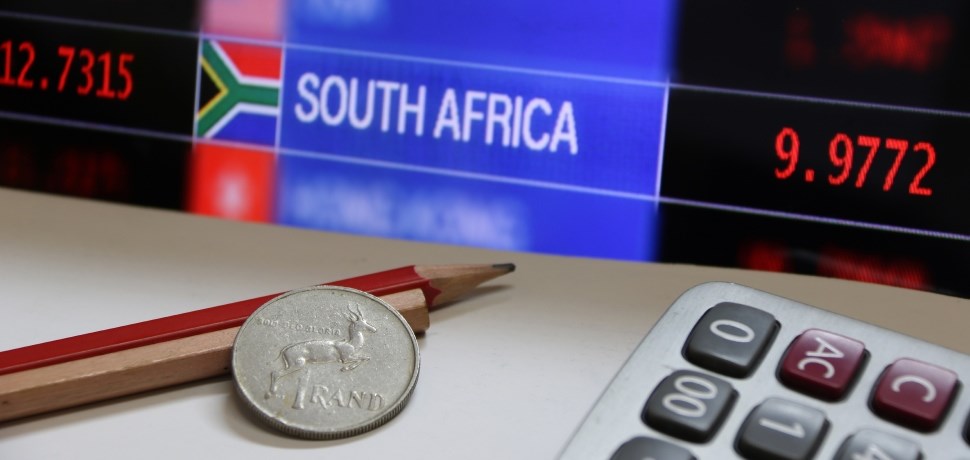
Near thirty years ago, in April 1994, I lined up with my wife, Linda, and our domestic helper, Anna Makgopa, at Fairways Primary School, to cast our vote in what was termed ‘South Africa’s First Democratic Election’. The usually straight-faced and impassive Anna was beaming with pride. My mother-in-law, Esther Barsel, voting in Yeoville, was as joyous as a bride on her wedding day. For Esther, it was vindication after fifty years of political activism and struggle; a time during which she was harassed, jailed, and banned from public life.
South Africa was the toast of the world. Everyone wanted a piece of the Rainbow Nation. Global leaders queued to shake hands with newly inaugurated, President Nelson Mandela, while international businesses, that had shunned the apartheid government, rushed to open factories and stores.
Optimism about the country’s future abounded. The fall of communism in the USSR, the rise of China, globalisation, the deregulation of the JSE, the introduction of mobile phones, and the worldwide expansion of the internet created unprecedented opportunities to drive the economy of this infant administration to new peaks.
Thirty years on, we’re asking how we let our destiny slip. The South African economy is forecast to grow at a sluggish 1.3% per annum for the next three years, far below the global mean. Our unemployment rate is amongst the highest in the world, our debt levels are becoming unmanageable, crime and corruption are out of control, power is rationed, our roads are disintegrating, and our railway system is dysfunctional. Worst of all, we lack the will and means to fix our problems.
The JSE reflects our fall from grace. In 1994, there were over 600 listed businesses. Industrial concerns – food, engineering, electronic, clothing, footwear, and textiles – made up 45% of the market value. Mining was 43% of the exchange’s capitalisation, with financials, including property, comprising the balance. The top ten most valuable listings added up to a mere 28% of the total capitalisation, compared with 70% today, whereas now most of these businesses have no operations in the country.
At present, there are no more than 200 actively traded stocks on the JSE, 100 of which are valued under R10bn each. To put the JSE’s size in perspective, Microsoft is three times larger than the entire JSE, bearing in mind that the JSE boards include international giants such as BHP, Ab InBev, British American Tobacco, and Richemont. A further worry is that current levels of trading can barely support a traditional stockbroking firm.
Investors have also gotten a lot poorer. $100 invested on the JSE thirty years ago would be worth $294 (3.3%pa) compared with $100 invested in US markets that would be worth $1029 (8.1%pa). Remember, the period we’re measuring included the Chinese-fuelled, commodity super-cycle, of which our country was a prime beneficiary.
The JSE’s underperformance doesn’t fall solely on the government’s indolence, incompetence, and ineffectiveness. Corporates played their part as well. Flattered by armies of international investment bankers who knocked on the boardroom doors offering offshore deals, management teams overrated their abilities, and underrated climate change. Shoprite, Investec, Sasol, Discovery, Woolworths, Tiger Brands, Spar, and Famous Brands are among an extended list of businesses that gave life to the word ‘Impairment’ and the adoption of the term ‘Earnings From Continuing Operations’.
Yet, we can’t ignore how the ruling party’s policies of plunder undermined growth, and how established manufacturing, engineering, and construction firms bear the scars of government’s failure. You can pick up Murray & Roberts, Bowler Metcalf, Hulamin, Arcelor Mittal, and Nampak for a mere R5.5bn. It demonstrates how, in thirty years, we’ve slunk from the comfort of the C-Suite to the Mail Room in the basement.